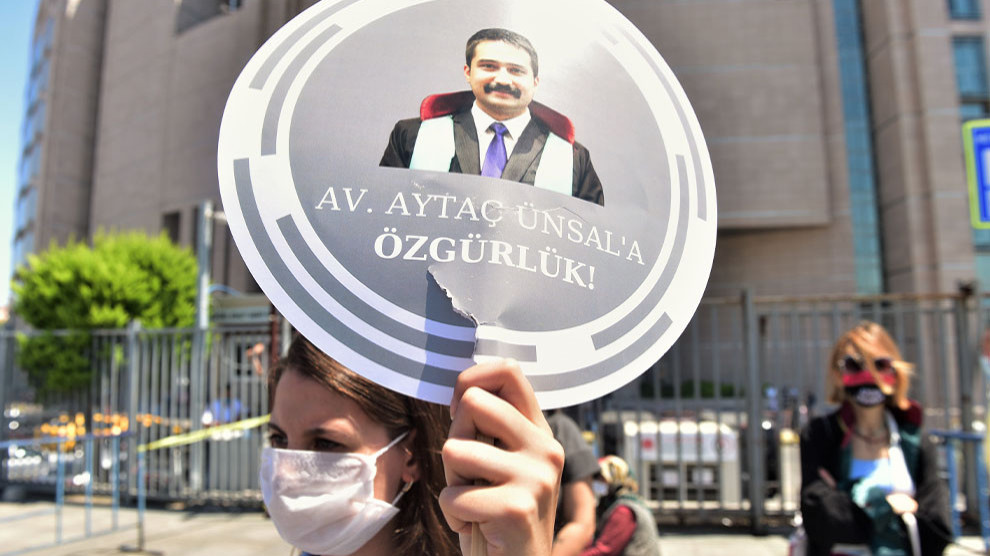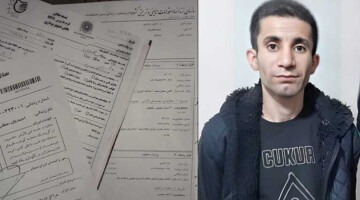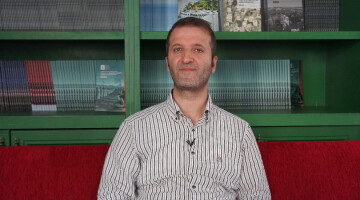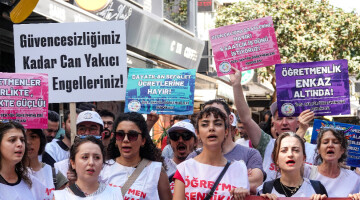Lawyer Aytaç Ünsal, who went on hunger strike in February, remains in custody. On Tuesday, the European Court of Human Rights (ECtHR) refused to issue an urgent ruling requesting the government in Ankara to release him. The Strasbourg judges justified this on the grounds that, according to information from the Turkish government, the 31-year-old lawyer was transferred from prison to a hospital in Istanbul on July 30. They argued that the stay there did not represent an immediate risk of harm to life and limb. The left-wing lawyers' association ÇHD (Association of Progressive Lawyers), to which Ünsal belongs, is outraged.
Ünsal had gone on hunger strike in February together with other imprisoned colleagues for a fair trial. On April 5th - the "Day of Lawyers" - he turned the action into a death fast together with Ebru Timtik, who recently died in Istanbul as a result of a 238-day death fast. The lawyers had been sentenced in March 2019 to long prison sentences according to terrorism laws. An appeal to the higher court was unsuccessful and the sentences were confirmed in October.
"Although the ECtHR is aware that Ebru died recently as a result of a death fast, and although the court has received reports from the hospital and the medical association pointing to additional risks from pandemic and negative effects of the hospital's detention center, Aytaç's application was rejected because there was no direct danger," says a statement by ÇHD. At the same time, the Strasbourg judges are calling on the Turkish government to consider Ünsal's request for an independent doctor.
The Turkish Constitutional Court in Ankara had also recently rejected a complaint against the imprisonment of Ebru Timtik and Aytaç Ünsal, even though Istanbul's Forensic Medicine Institute had previously provided them with a certificate of incapacity for imprisonment. However, according to the court, a violation of fundamental rights was not recognizable against the background of the (forced) hospitalization, since medical treatment could be given at any time, if necessary.
"The same decision had been made in the case of Ebru," the ÇHD said and added: “Should there be any sad events in relation to the life of Aytaç Ünsal, the responsibility lies with all judicial authorities who do not fulfill their responsibilities.”
RELATED NEWS:















